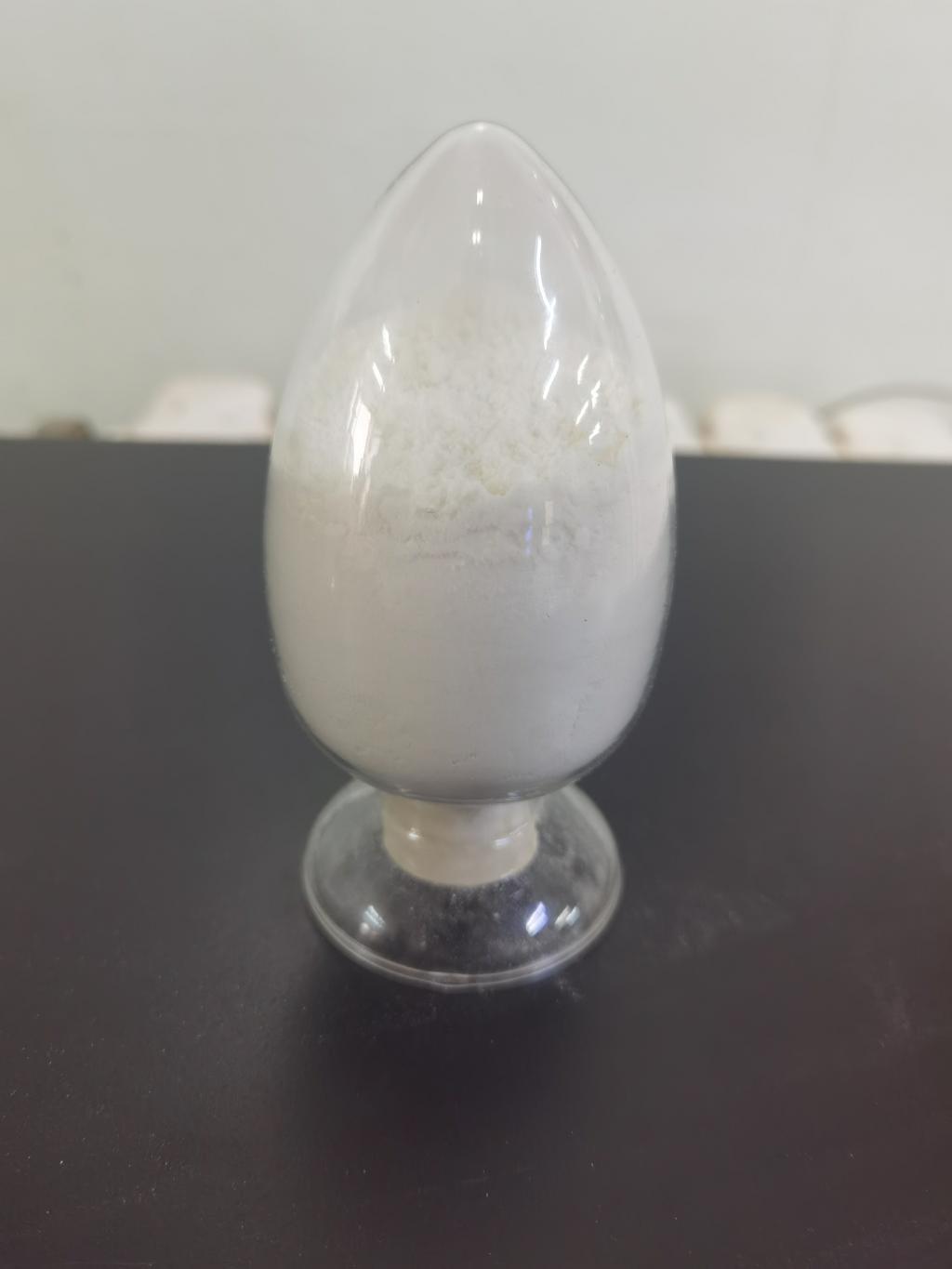Tel:+8618231198596

News
 CONTACT
CONTACT
 CONTACT
CONTACT
- Linkman:Linda Yao
- Tel: +8618231198596
- Email:linda.yao@dcpharma.cn
- Linkman:CHARLES.WANG
- Department:Overseas
- Tel: 0086 0311-85537378 0086 0311-85539701
News
Are there the known interactions between ε-Polylysine hydrochloride?
TIME:2023-07-24
Introduction:
ε-Polylysine hydrochloride is a naturally occurring antimicrobial peptide derived from Streptomyces albulus. Its use as a food preservative has gained prominence due to its ability to inhibit the growth of various microorganisms and extend the shelf life of food products. As food enzymes and probiotics are essential components of food processing and gut health, understanding any potential interactions with ε-polylysine hydrochloride is crucial for ensuring the safety and efficacy of its applications.
ε-Polylysine Hydrochloride and Food Enzymes:
a. Enzymatic Activity:
One concern surrounding the use of ε-polylysine hydrochloride in food products is its potential to interfere with the activity of food enzymes. Food enzymes play critical roles in various food processing stages, such as hydrolyzing macromolecules, improving texture, and enhancing flavor. Studies have shown that some antimicrobial compounds can inhibit enzyme activity, potentially affecting the quality and functionality of processed foods.
b. Impact on Specific Enzymes:
Research specifically examining the interactions between ε-polylysine hydrochloride and food enzymes is limited. However, some studies have investigated the effect of similar antimicrobial compounds on specific enzymes. For instance, certain antimicrobial peptides have been shown to inhibit the activity of amylases and proteases, which are essential enzymes involved in carbohydrate and protein digestion, respectively.
c. Food Enzyme Stability:
The impact of ε-polylysine hydrochloride on food enzyme stability is an essential consideration. Enzymes are often susceptible to heat, pH changes, and other environmental factors during food processing. Understanding how ε-polylysine hydrochloride affects the stability of food enzymes is critical to avoid potential enzymatic degradation and loss of functionality.
ε-Polylysine Hydrochloride and Probiotics:
a. Probiotic Viability:
Probiotics are beneficial live microorganisms that confer health benefits when consumed in adequate amounts. They play a crucial role in maintaining gut health, supporting the immune system, and promoting overall well-being. As ε-polylysine hydrochloride is an antimicrobial compound, there are concerns about its potential impact on the viability and activity of probiotics in food products.
b. Specific Probiotic Strains:
Different probiotic strains may respond differently to ε-polylysine hydrochloride exposure. Some studies have indicated that certain probiotic strains are more resistant to antimicrobial compounds, while others may be adversely affected. It is essential to evaluate the viability and functionality of specific probiotic strains when used in conjunction with ε-polylysine hydrochloride.
c. Time and Concentration Effects:
The impact of ε-polylysine hydrochloride on probiotic viability may vary based on factors such as exposure time and concentration. Short exposure to low concentrations of ε-polylysine hydrochloride may have minimal effects, while higher concentrations or prolonged exposure may lead to greater reductions in probiotic viability.
Implications for Food Processing:
a. Enzyme-Dependent Food Processes:
Food processing techniques that heavily rely on enzyme activity, such as fermentation, baking, and meat tenderization, may be affected by the presence of ε-polylysine hydrochloride. It is crucial to understand the enzyme-specific interactions to optimize processing conditions and maintain product quality.
b. Probiotic-Fortified Foods:
The use of probiotics in functional foods has become increasingly popular due to their health-promoting properties. Manufacturers need to consider the potential impact of ε-polylysine hydrochloride on probiotic viability when incorporating probiotics into fortified food products.
Strategies to Mitigate Interactions:
a. Enzyme Stabilization:
To minimize the impact of ε-polylysine hydrochloride on food enzymes, stabilizing measures can be employed. Selecting enzymes with higher resistance to antimicrobial compounds, adjusting processing conditions, and incorporating enzyme stabilizers may help maintain enzymatic activity in the presence of ε-polylysine hydrochloride.
b. Probiotic Encapsulation:
Probiotic encapsulation is a technique used to protect probiotics from harsh environmental conditions during food processing and passage through the digestive system. Encapsulation can help shield probiotics from ε-polylysine hydrochloride exposure, enhancing their survival and functionality.
Safety Considerations:
As ε-polylysine hydrochloride is a safe and naturally derived antimicrobial compound, its interactions with food enzymes and probiotics need to be assessed in the context of overall product safety. Adequate testing should be conducted to ensure that its use in food products does not compromise enzyme functionality or diminish the viability and health benefits of probiotics.
Conclusion:
While ε-polylysine hydrochloride offers a promising natural solution for food preservation, its interactions with food enzymes and probiotics warrant careful consideration. Understanding the effects of ε-polylysine hydrochloride on enzymatic activity and probiotic viability is essential for optimizing food processing techniques and developing functional foods with enhanced health benefits. As research in this field progresses, manufacturers can implement strategies to mitigate potential interactions, ensuring the safe and effective use of ε-polylysine hydrochloride in food products while preserving their nutritional and health-promoting qualities.
- Tel:+8618231198596
- Whatsapp:18231198596
- Chat With Skype







